
If you submit your book for review at SPR, you should understand that means the possibility of having the first page of your book critiqued in this column.
Don’t misunderstand: “critique” does not (only) mean “to criticize.” I make no promises that some work won’t be criticized, but for the purposes of this column, “critique” means exactly what Webster says it means: “A critical review or commentary.”
As the first post in this column, before I get started on the page you see copied below, allow me to explain what this is:
This column’s purpose is to offer critiques of the first full page of self-published novels, and just the first page. Just that first introduction readers are given to the book, that smallest slice of the several hundred pages crafted over months and months of elation, frustration, toil, and no doubt one or two decisions to give up.
That’s all. It’s nothing, really. Just the first page.
Obviously, one page isn’t enough to judge the overall literary merit or commercial appeal of the full work, and nothing I write here will come close to commenting on the work as a whole.
And it’s just my opinion.
First up, I AM Absolute Freedom by Silvia Mick:
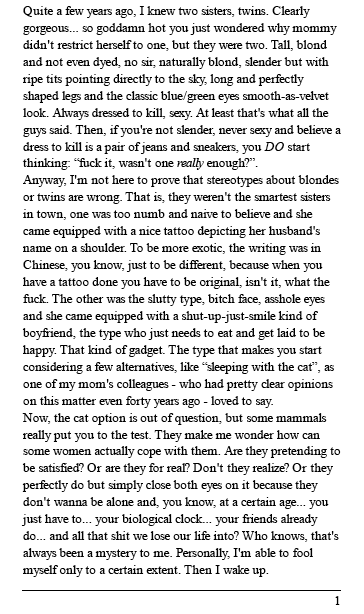
I AM Absolute Freedom presents me with a distraction immediately by not providing an author name. Maybe this is intentional, but even if it is, it’s distracting. Am I about to read a manifesto? An assassination plot? Why is this person not disclosing his or her name? This is what I’m thinking when I should be interested in reading the writing itself. The most we’re given is an email address, to which notification is to be sent if the writing is quoted.
After wondering who the author is, I’m again distracted, this time by the font, which is fairly large. But. I am (obnoxiously, my husband would say) incredibly opinionated about aesthetics. Even so, generally speaking, a preferable and even fairly uniform font size hovers around 11 or 12 point, and I would guess the font in I AM Absolute Freedom is somewhere between 14 and 16. While this is a turnoff for me personally, it’s really not an insurmountable issue. Some people simply prefer large fonts, and one of the great things about self-publishing is that you can do what you want. For some, their font style is one of the artistic elements of the larger work. As long as it’s uniform throughout, it really doesn’t matter.
Unless, of course, the font size is then combined with a lack of paragraph breaks.
Seeing that many words, that much text, all that black and white and black and white and black and white, can be overwhelming. It’s like listening to a chatty teenager on speed—there’s simply too much to process. There’s one thing on the mind of the recipient of all that information: When’s the pause coming?
To verify this isn’t a one-time formatting error, I scrolled through several pages and found not one paragraph break. Even if a writer is not particularly concerned with the aesthetic quality of the book, paragraph breaks are essential for the reader. We need the psychological impact of the white space. We need to take a breath.
The writing itself tends to ramble. Admittedly, angry, rambling personalities can be interesting in narratives. Look at Holden Caulfield. This is the first sentence of Catcher in the Rye:
If you really want to hear about it, the first thing you’ll probably want to know is where I was born, and what my lousy childhood was like, and how my parents were occupied and all before they had me, and all that David Copperfield kind of crap, but I don’t feel like going into it, if you want to know the truth.
Rambling anger works, but even rambling requires cohesion for it to work as writing. I AM is consistent in voice that first page, but it wanders in a few too many directions. What begins as commentary on a pair of hot twins then moves into questioning their intelligence, and then, somehow, to this:
The other [ …]came equipped with a […] boyfriend, the type […] that makes you start considering a few alternatives, like “sleeping with the cat”, as one of my mom’s colleagues – who had pretty clear opinions on this matter even forty years ago – loved to say. Now, the cat option is out of question, but some mammals really put you to the test. They make me wonder how can some women actually cope with them. Are they pretending to be satisfied? Or are they for real? Don’t they realize?
I get a little lost. It may be because I’ve never heard the phrase “sleeping with the cat.” It may be the sloppy punctuation. (Not the brackets and ellipses, which are mine, but the comma outside of the quotation marks, and later, a period hanging around after a closed quote.) But I’m also not sure what’s meant by the cat option “being out of the question,” and how that leads into the narrator’s opinion that “some mammals really put you to the test.”
Generally, the first page leaves me a little confused, and that confusion combined with the barrage of words leaves me thinking there’s probably something interesting here, but that if I’m being pulled in this many directions on the first page alone, by the time I get to page ten I’ll be quartered.
But the voice is compelling. Anger and drama and unfiltered thoughts are rarely dull, and if the first page were given some attention, some structure—even intentionally chaotic, but clearly intentional, structure—I would be very curious to read what’s on page two. (And then, if page two were given the same attention and editing efforts as page one, I would no doubt be interested to read page three. And so on.)
Get an Editorial Review | Get Amazon Sales & Reviews | Get Edited | Publish Your Book | Enter the SPR Book Awards | Other Marketing Services















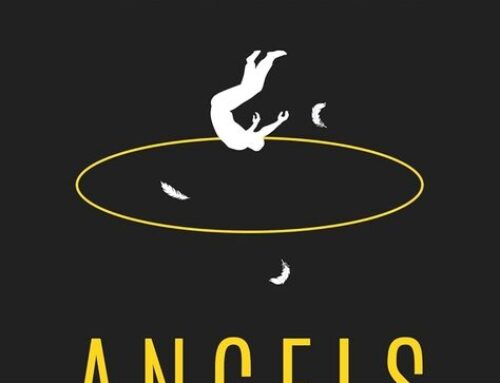


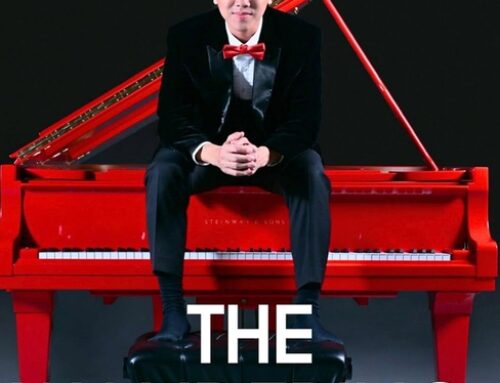
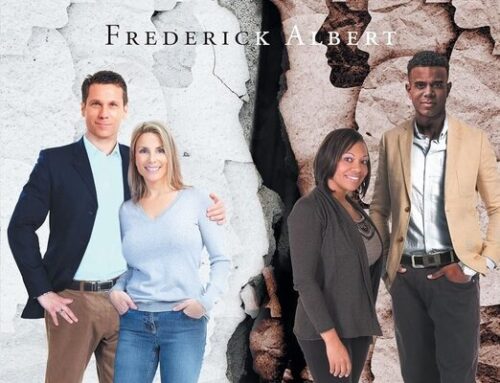
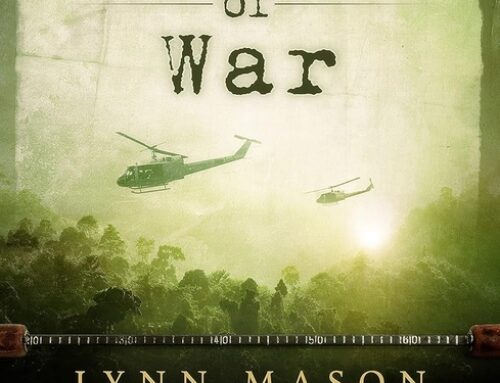
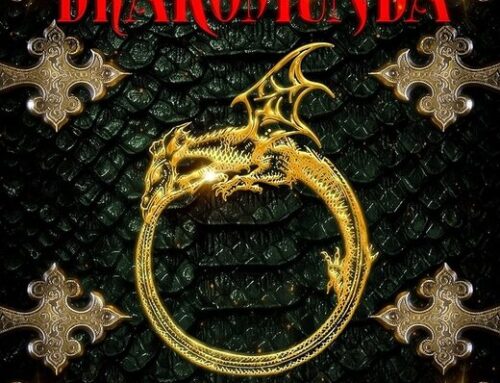
Nice analysis, Kristen. I agree with everything you’ve said. The other thing that strikes me about that page is the implied gender of the unnamed narrator. The first part sounds like a man (in the way the girls are described physically), but by the end it’s clearly a woman. Hard to know if that’s intended or just bad writing. But it does pass my test: I want to turn the page.
This is a great idea for a regular column. Looking forward to more.
Great post and critique! I’m always bothered by the right jagged edge. Too many POD authors don’t justify the manuscript. Grrrr!